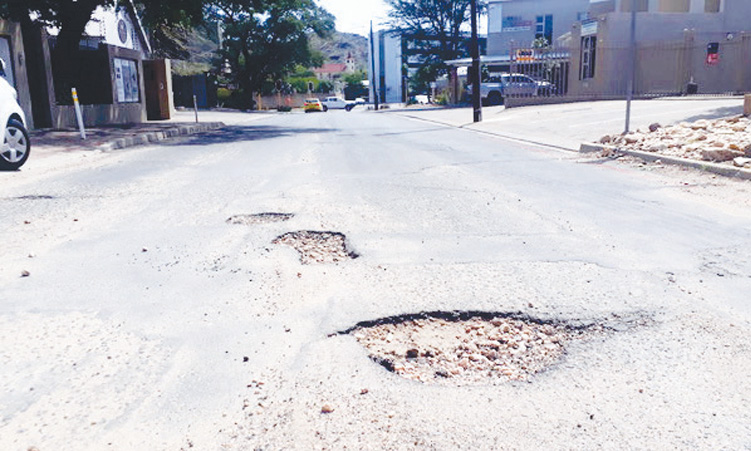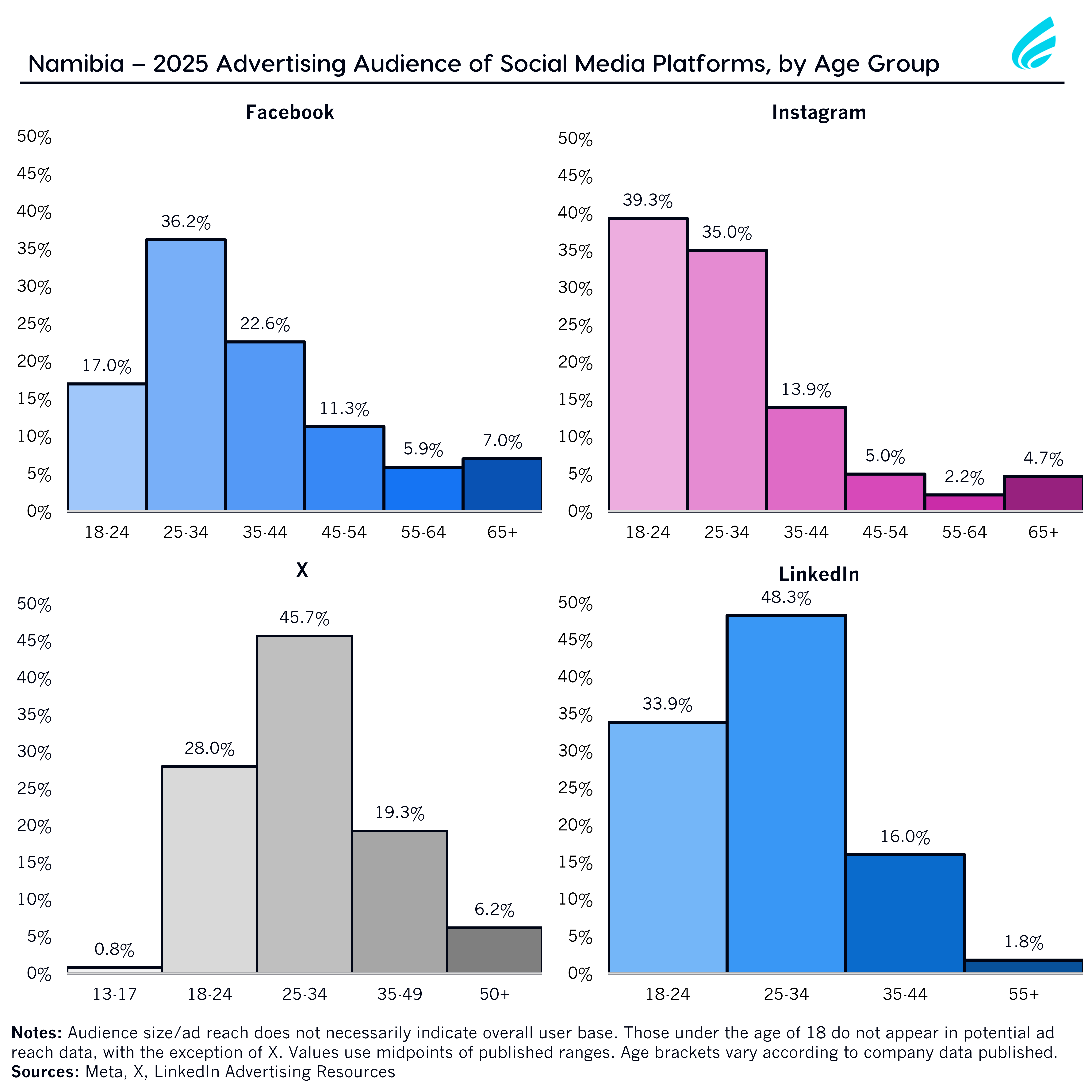LOOKING for the path of least resistance is natural. But the weakness in this approach is that too often, we think that taking the easy choice is the best solution. When will we learn that this is not always the case?
I listened to a recent radio report regarding the disturbing issue of some elderly people who use up their monthly pension funds buying alcohol. The solution espoused by one speaker was to make it illegal for ALL pensioners to buy alcohol. This knee-jerk reaction made to garner populist, spur-of-the-moment cheers from the audience, is utter nonsense. But, it is the easy way out and our typical problem-solving mechanism.
People making and cheering such speeches don’t want to take on the hard work of getting involved in the real problem of alcoholism or challenge the rampant ageism in Namibian society. They are quiet about national budget decisions that maintain the current low old age pension rate. We need programmes to engage with the elderly who sometimes have little to engage their minds and talents each day. The easy way out of this growing problem is to make a wild speech asking to strip certain constitutional rights from all citizens who have reached the retirement age.
Our home lives are victims of the easy-way-out solution strategy too. The SMS pages are full of complaints from parents about sex or violence-filled content of a few television shows. Oblivious to the open airways of the internet via smart phones, laptops, tablets and PCs, they want certain television shows banned for everyone. They don’t want to sit down and engage with their own children about sex and violence or take charge of their homes by placing limits on their minor children’s actions. Rather, they want the easy way out.
Engaging with children about limits, particularly our “me” generation teenagers with their text messaging, Facebook, Twitter, Tumblr, WhatsApp world, is intense work. We’d all rather avoid it. But, some things can never be avoided once you are in it and parenting is one of those things.
Our education system suffers from this easy ride syndrome as well. We don’t teach our kids to THINK, we teach them to DO; that’s easier. We don’t encourage them to explain WHY when they give an answer, we tell them to memorise and regurgitate. It’s indeed HARDER to teach people to question, analyse and explore the variety of possibilities. It’s harder to read multiple sources, study mixed results or give tests that analyse the value of the content rather than require a ‘yes/no’ answer.
Is it any wonder that our learners are so challenged by international standardised tests? We have taught them in schools that they must simply re-write what is on the chalkboard and repeat what is in the text books, and they will pass. So, they know that 2+4=6 because that was memorised, but they cannot fathom that 6-4=2 and have no concept that 4 is 2/3rds of 6. This deficiency with our approach to education bears negative fruit in our low test scores, inconsistent outputs in the workplace and increasing social challenges within the community.
We have created a gilded cage of failure for our learners as we cheer when they come home with 51% on a test, send graduates into a job market unprepared and say its fine to study medicine with pass marks of 6 or 10. We still have too many teachers using an English language curriculum who have insufficient competence to do so. It is easier to go with the flow rather than to consistently invest serious money in permanent teacher training and in-service subject upgrade programmes.
On the workplace front, we still suffer from ‘consultant-itis’ as the easy solution to problems. In too many instances, we’d rather hire a new consultant to formulate a plan, strategy or draft legislation while our work predecessors hired other consultants to do those same things years before. It’s easier to let institutional memory lapse than create a permanent ICT based, updated filing system that records past and present projects.
On far too many decision-making levels, we want only summaries of research/facts regardless of the complex information we must comprehend in order to make proper decisions. We have no time for long explanations, so we want sound-bites and platitudes about billion dollar decisions that impact hundreds of thousands of people. We do all of this because it is easier than working hard and making informed choices.
Critical thinking and thorough reading is hard work that pays off. Focussing on skills transfer and not only training is within our grasp. We can rise to the challenge and modify our rush to the easier path as the quickest solution. We just need to decide to change and then, get on with it.
Stay informed with The Namibian – your source for credible journalism. Get in-depth reporting and opinions for
only N$85 a month. Invest in journalism, invest in democracy –
Subscribe Now!










